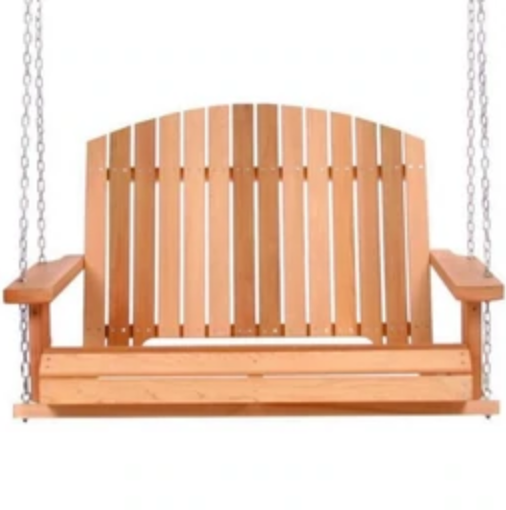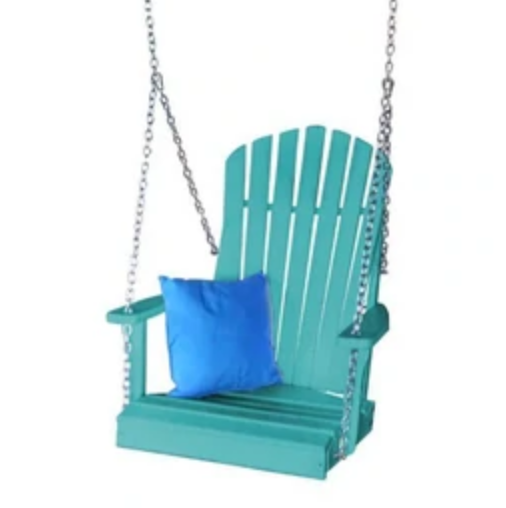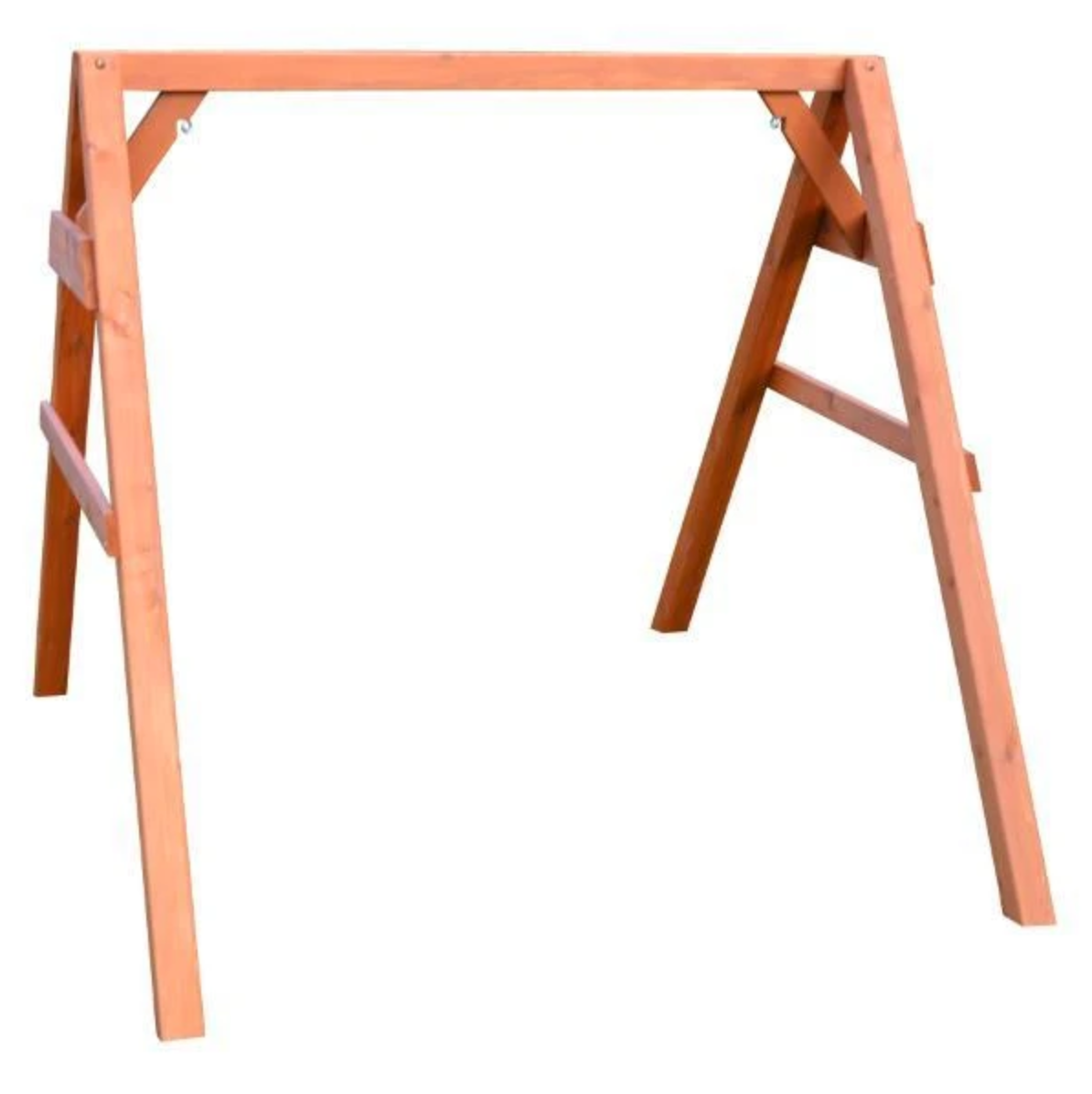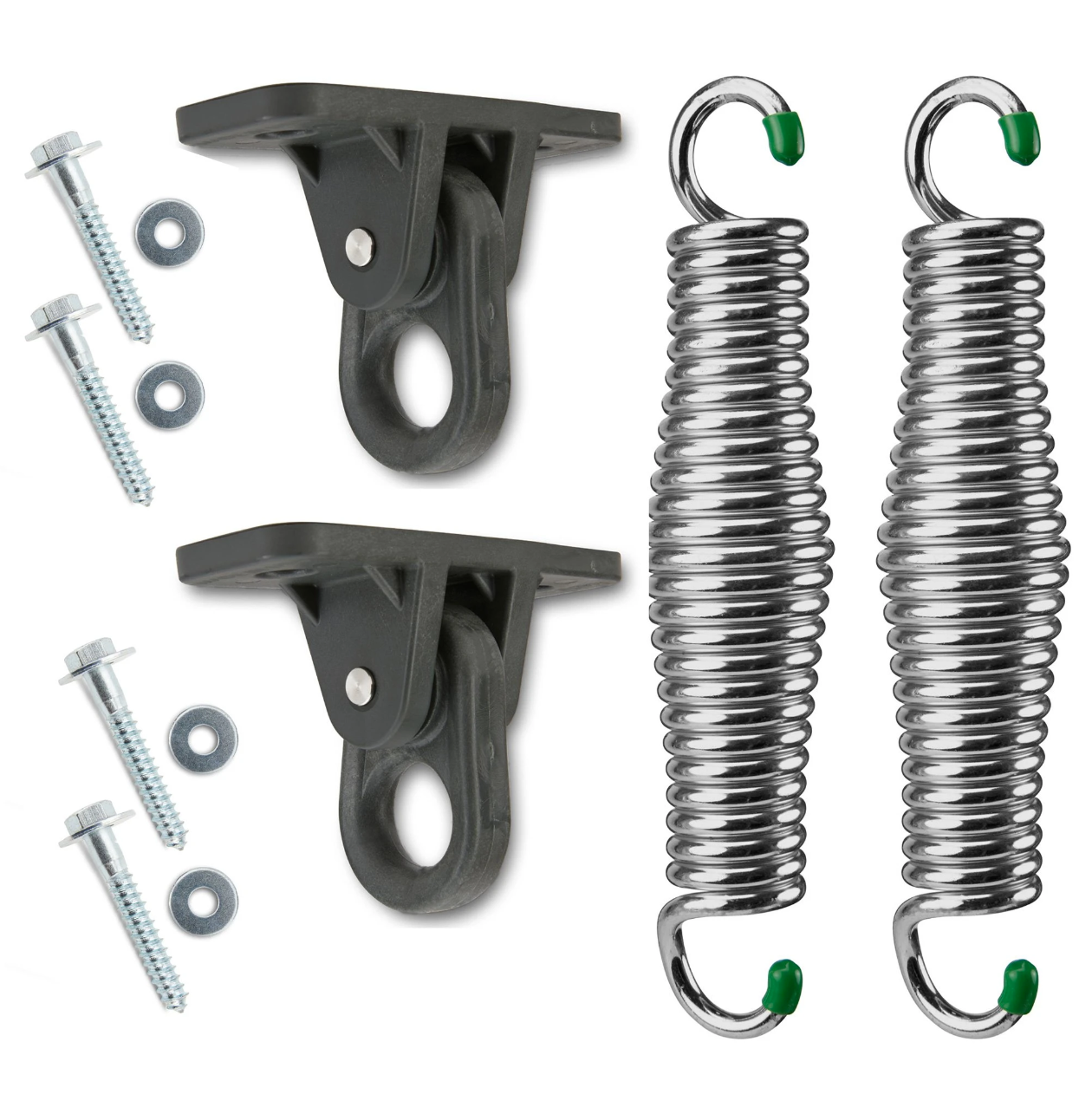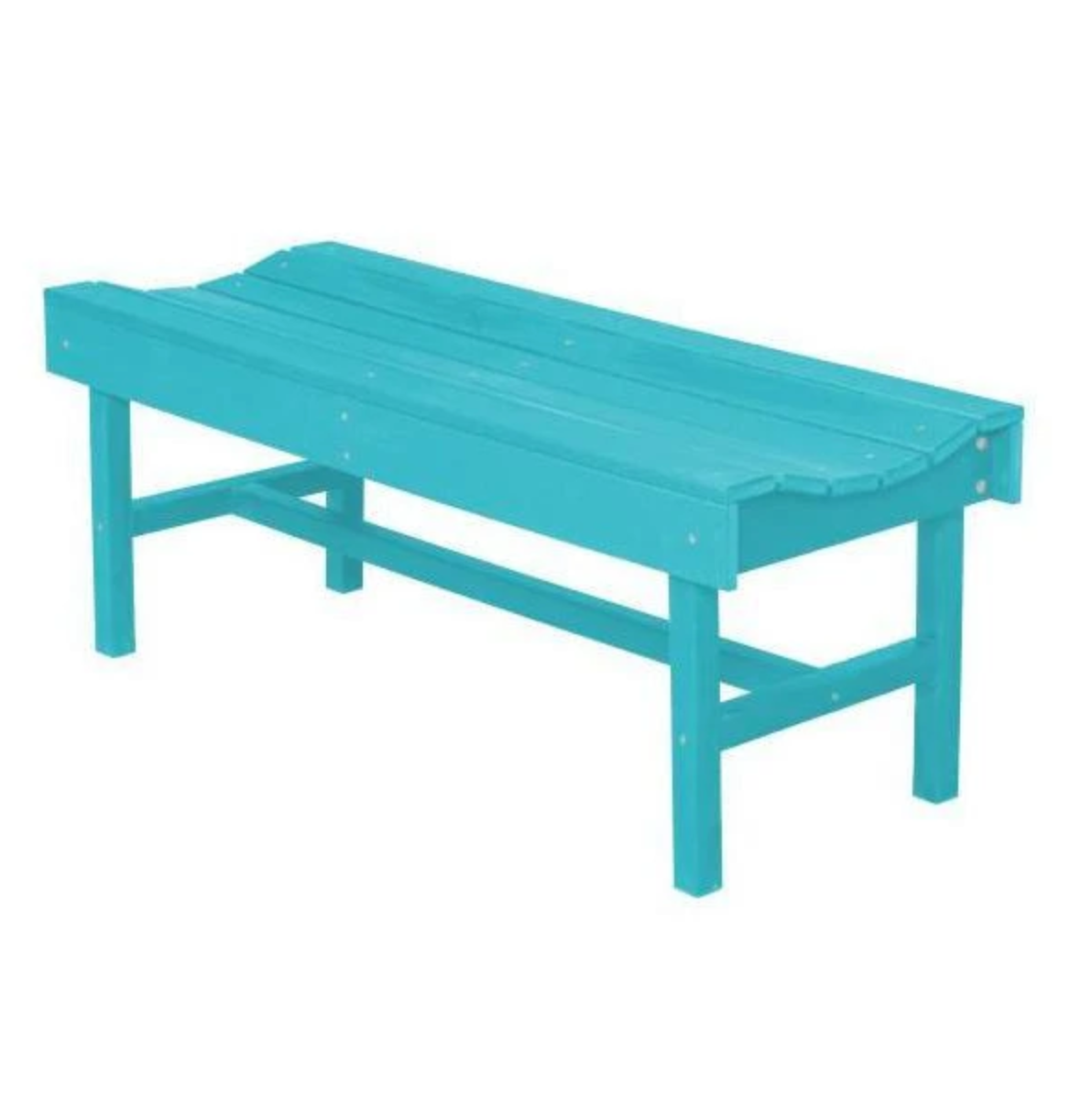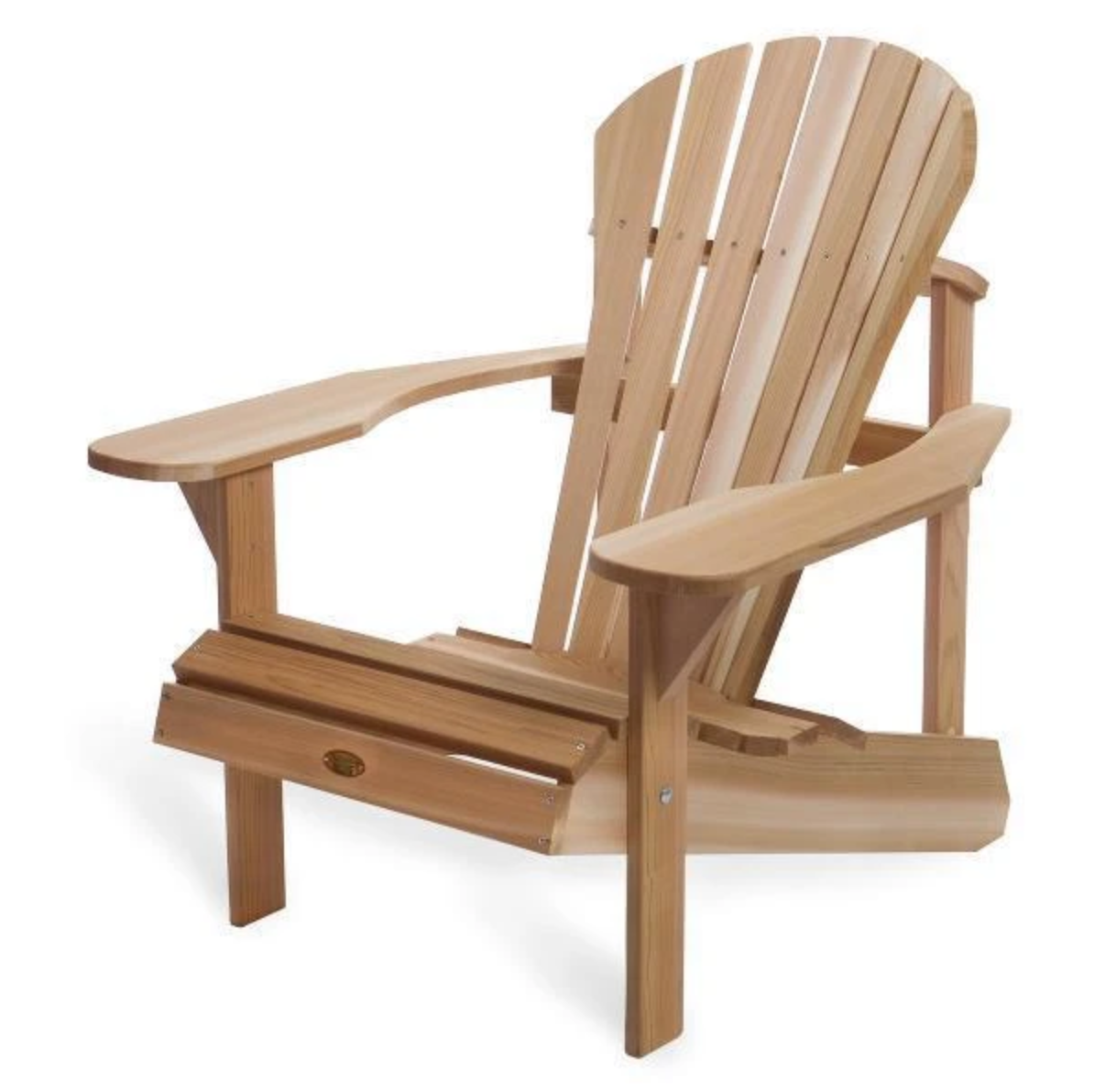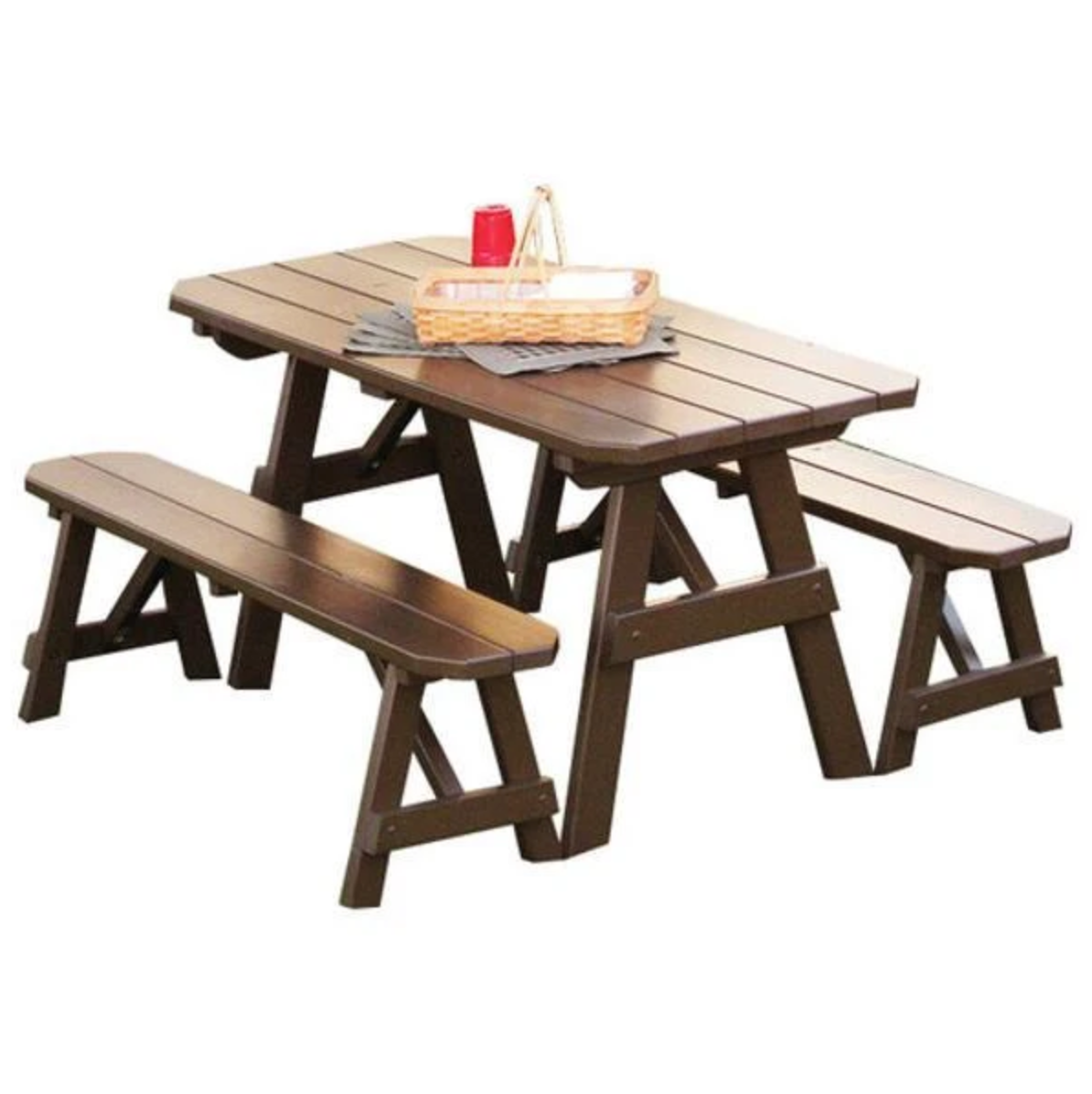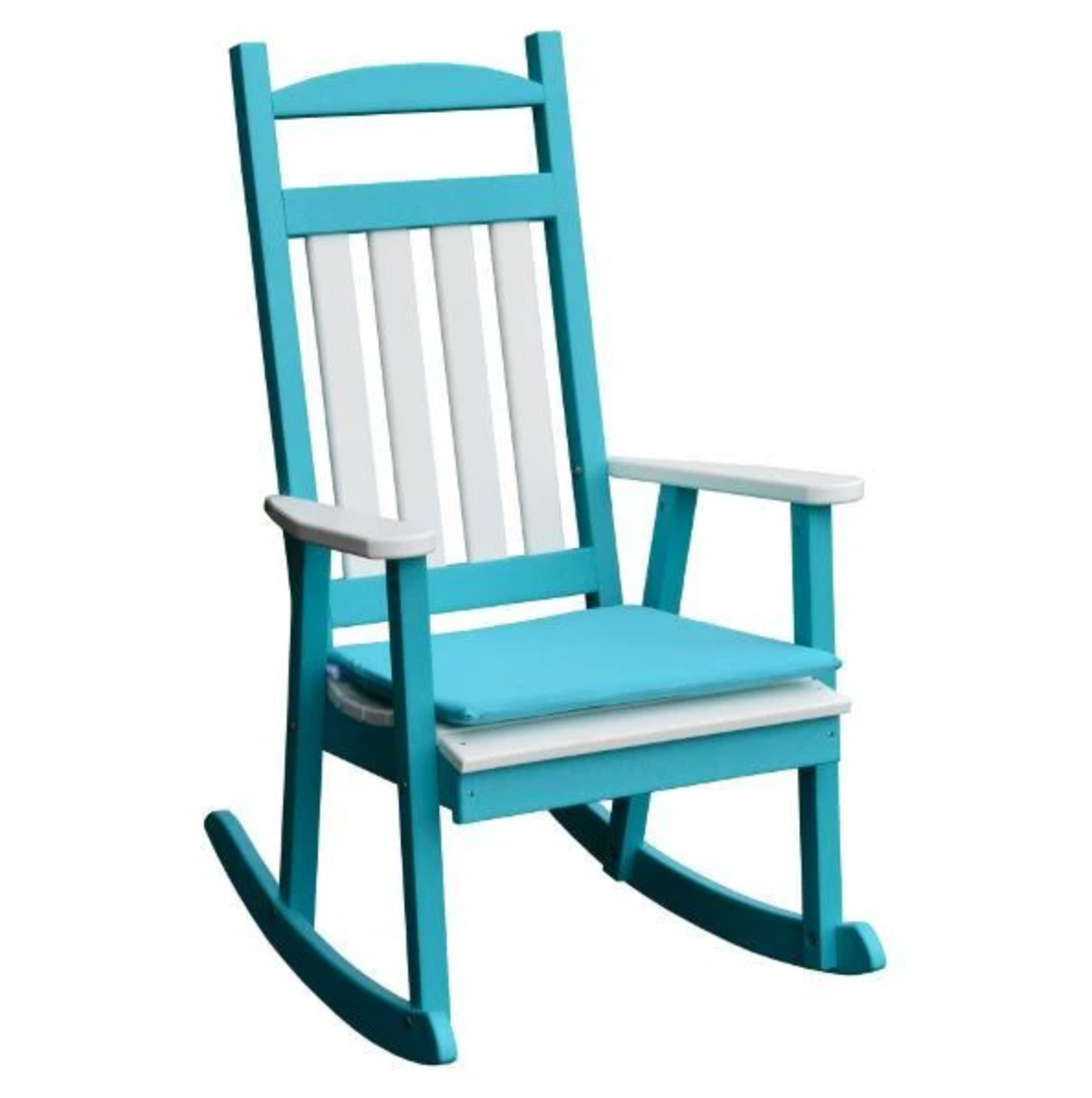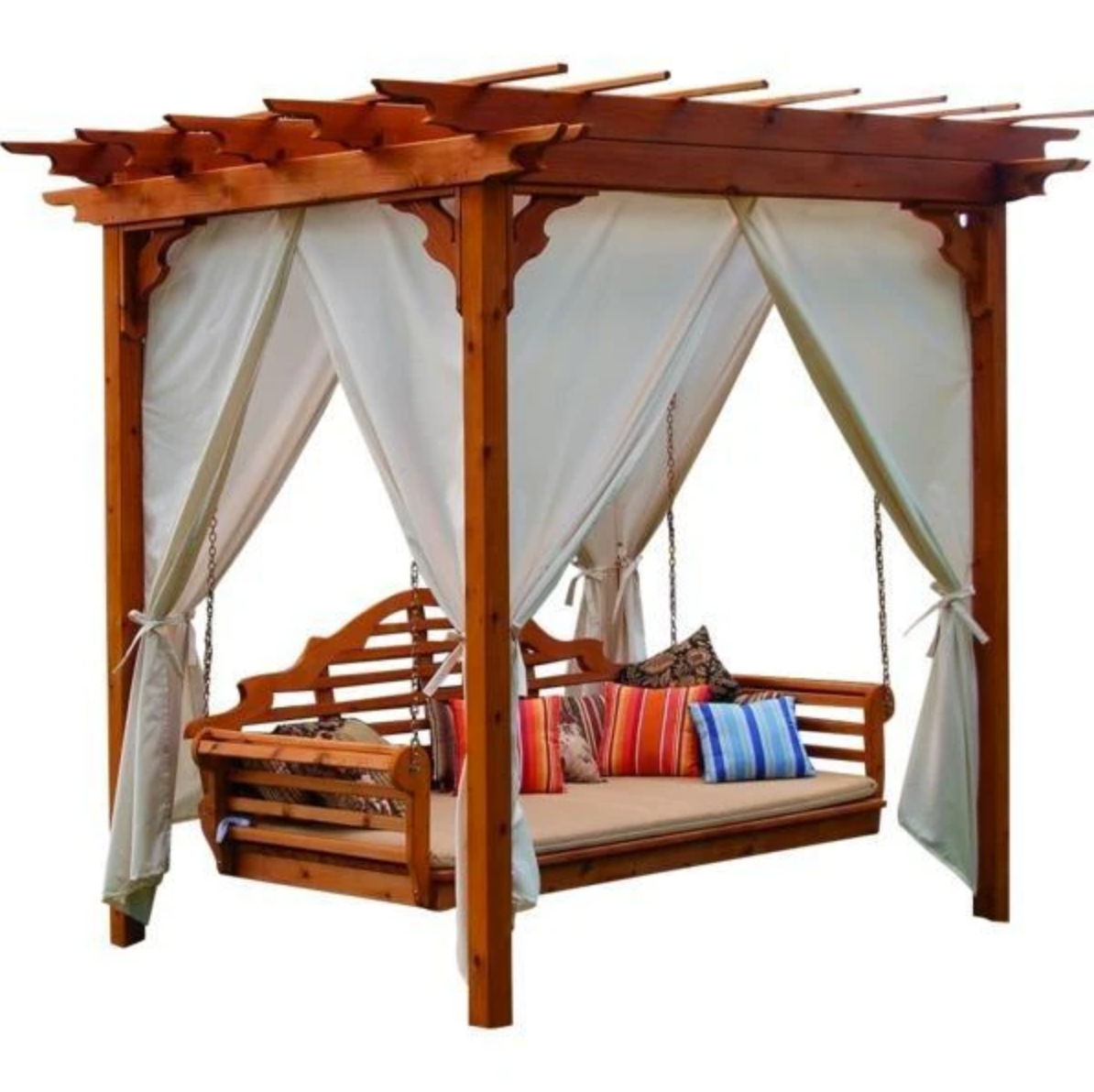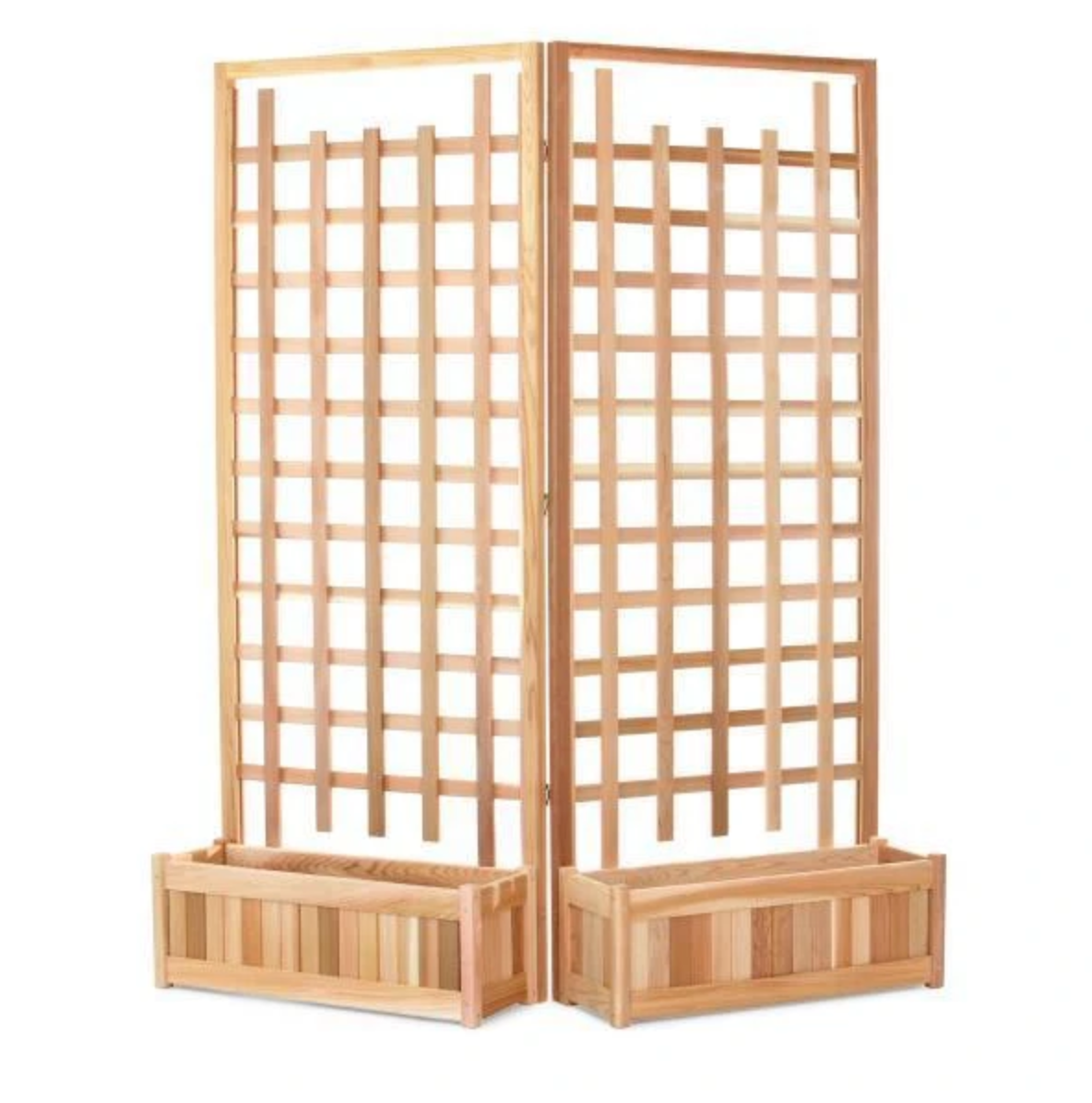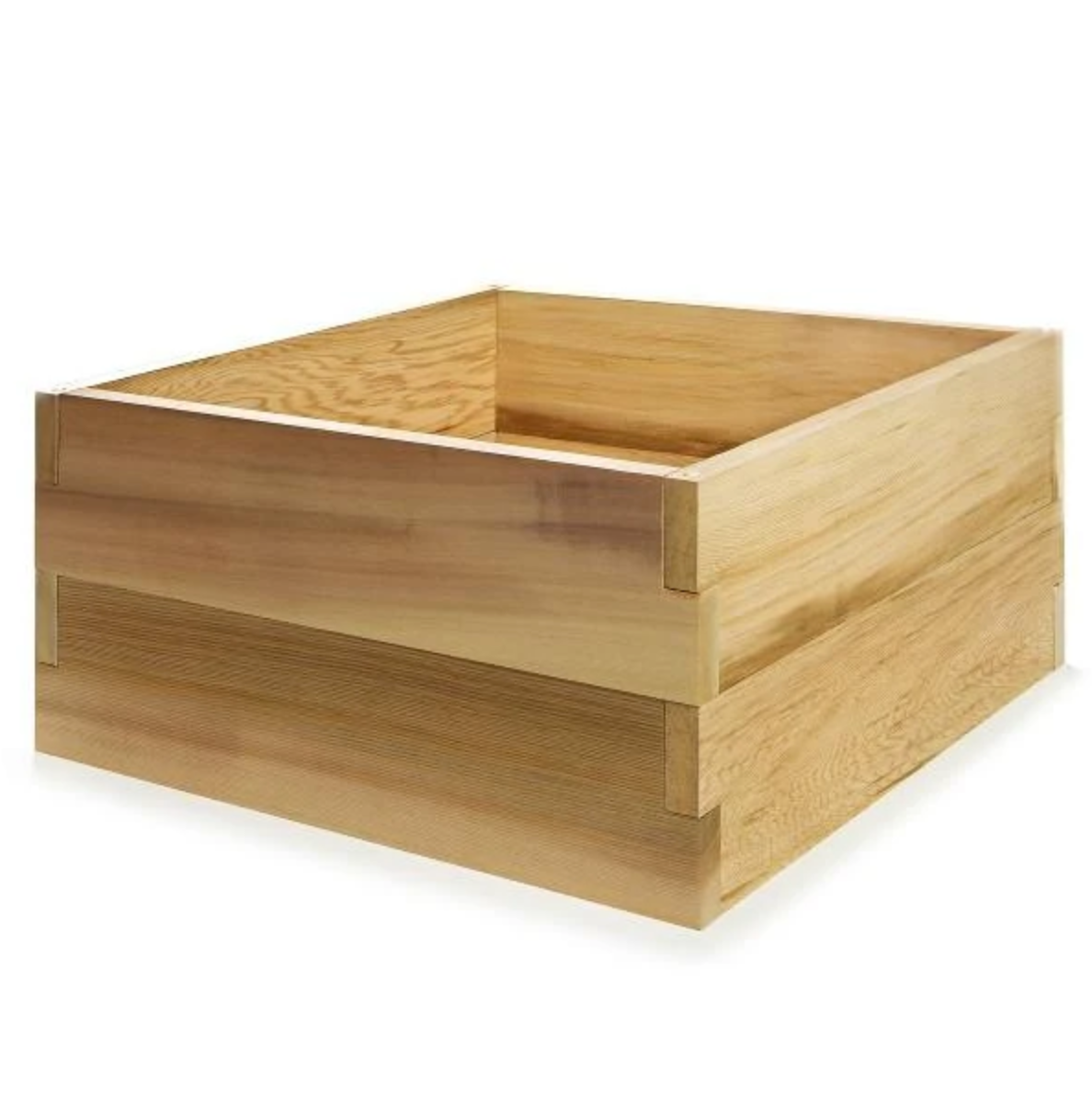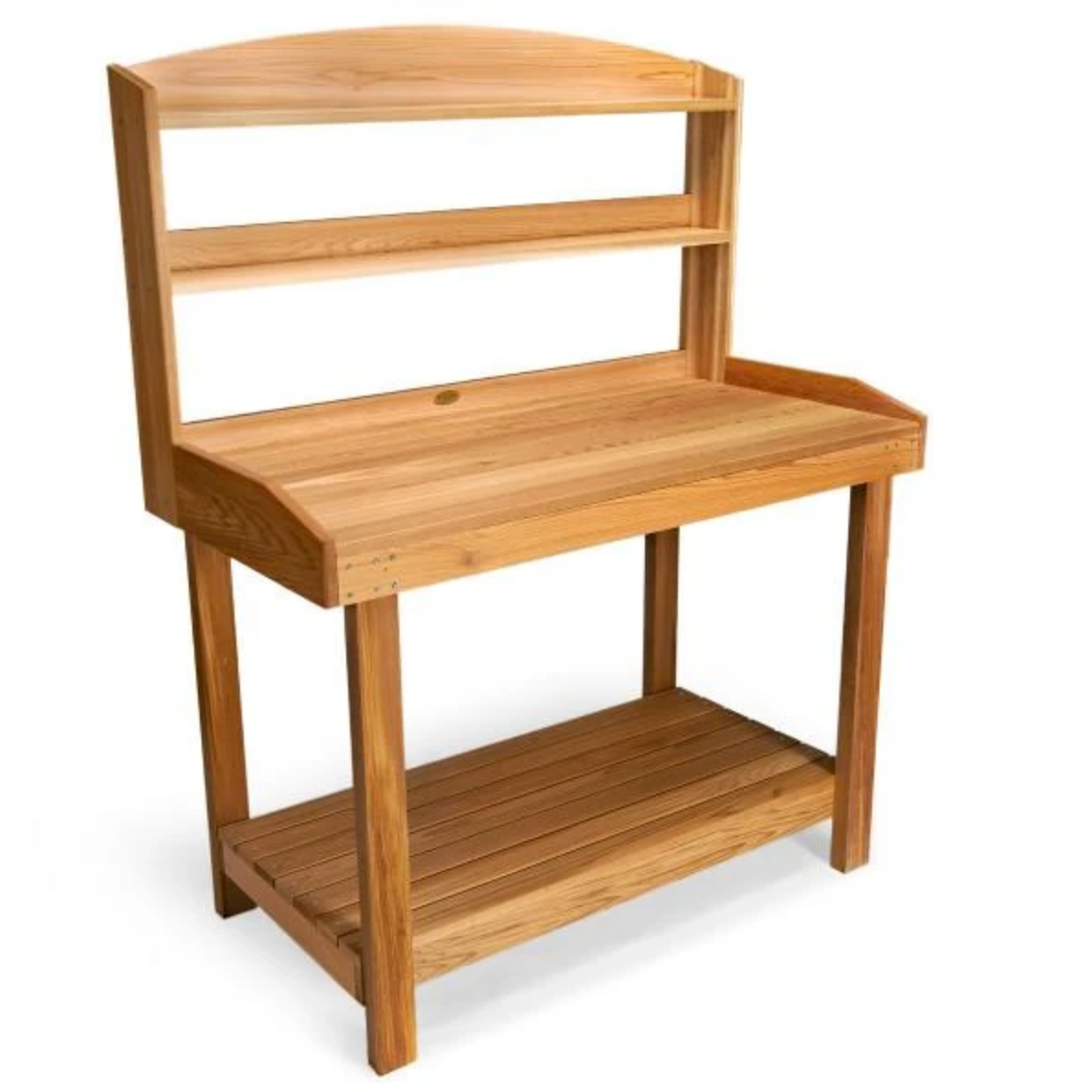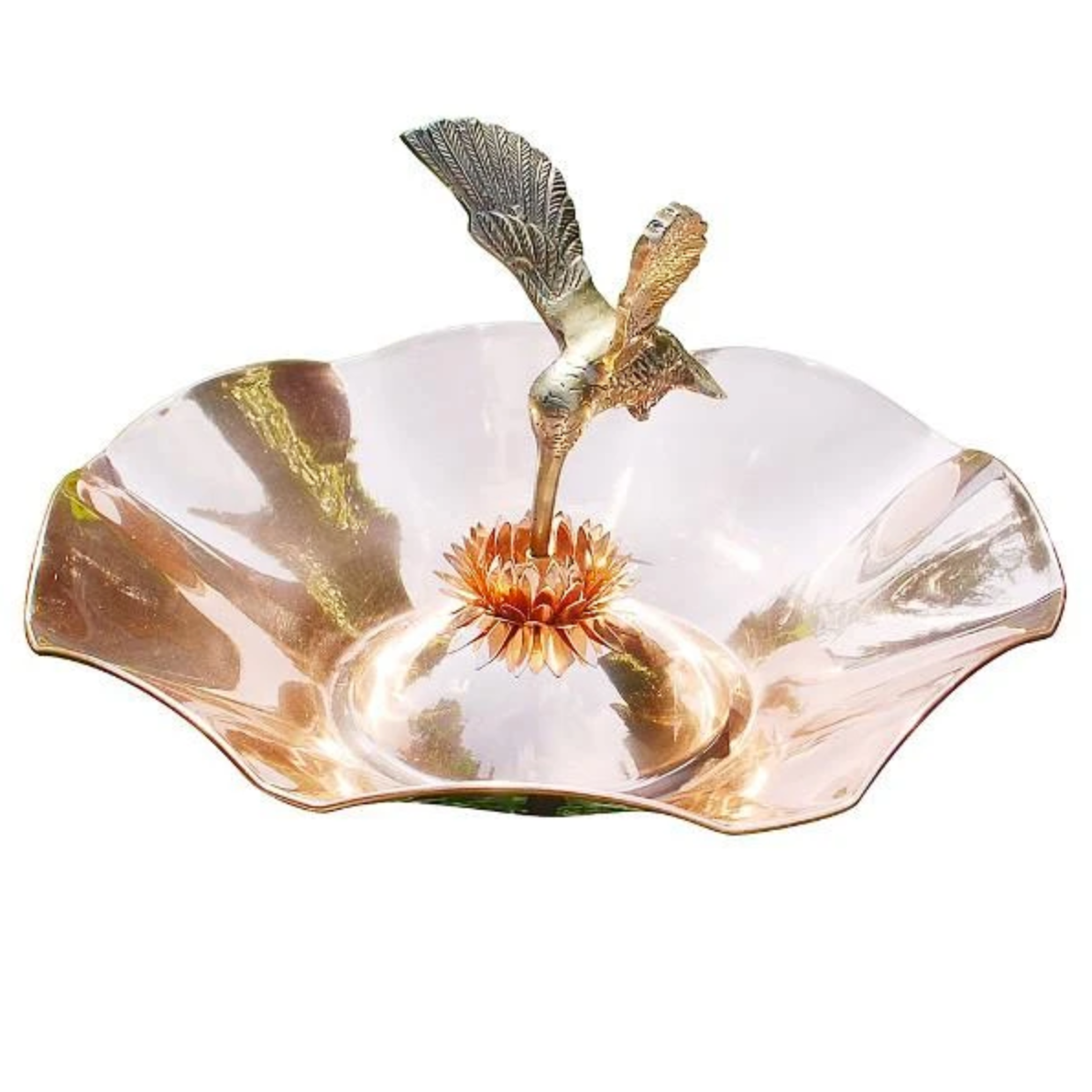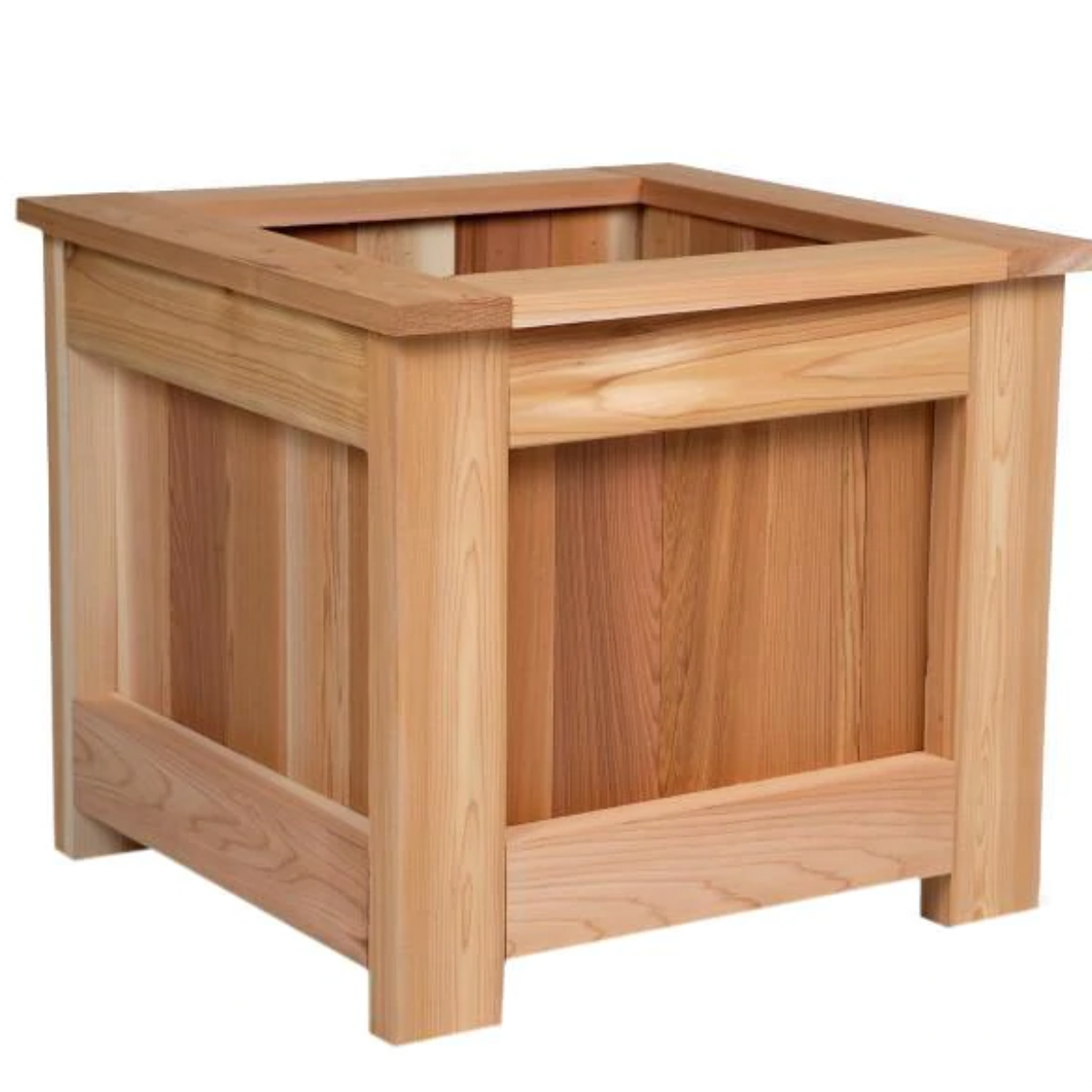Your Cart is Empty
FREE SHIPPING ON EVERY ORDER
Menu

FREE SHIPPING ON EVERY ORDER
Swings
Benches
Tables & Chairs
Home & Garden
13 Things To Ask Your Landscaper When Designing Your Backyard

Designing your backyard or home's landscape is different from designing your home. When conceptualizing your garden, there are some things to consider, such as the type of plants that will thrive. Like hiring an architect and an interior designer, working with a landscaper will help you achieve the design fit for your location.
And just like working with any other professional, you should prepare a list of questions to ask landscape designer to help you in your selection process.

Questions to ask a Landscaper -Designing Your Backyard
1. What type of services do you offer?
Most professionals capitalize on different design areas to provide their clients with a wide range of services. Some homeowners can't afford a full package, so they categorize their services.
A landscape designer may offer three types of services:
- Design Only - In this service, they will only make plans for you. It'll include an analysis of the site, preliminary drawings based on your requirements and a final plan complete with detailed documents on how to construct it. Then be handed over to a contractor of your choice or you.
- Design and Build - Sometimes, the landscaper is also a registered contractor, and in some cases, offers both design and construction for your landscape. The advantage is that they will oversee the project from start to finish, including materials and plants procurement.
- Full Package - It is a type of package that includes both design and build with the addition of a maintenance program. It'll be a continuing program where the landscaper will manage and maintain your garden.
Thoroughly assess inclusions in each type of service and get a couple of landscapers to compare their costs and services.
2. What to do with this space?
A landscaper will note where the sun and shade fall and if any existing features can be utilized. They will also ask for your requirements and expectations so it can be incorporated into the concept and design. Do some research before your meeting so you can discuss it thoroughly.
Remember that a well-designed landscape does include not only plants but also the space that will contain storage, lounging area, and a place to grow herbs or vegetables.
After your first meeting, landscapers will usually create a mood board presentation and some 2D and 3D computer-generated plans or free-hand sketches of their ideas.

3. Can I see examples from your previous work?
Each designer has their style, and landscapers are no different. A portfolio of their previous work will help you determine if they can design the style you want. If their samples don't include a particular style that you are looking for, check their credentials for evidence of training or related degrees.
If your landscaper is new to the field, you might want to take a risk and give them a chance and just check if they have the requirements to do the job. Take note that there is a difference between a landscape designer and a landscape architect.
The former is self-taught and has undergone training and earned certificates that make them just as qualified as landscape architects. While the latter has a degree and has undergone formal training and is usually licensed. What will matter are their past works, costs, fees, and reviews from their previous clients.
4. Do you do on-site consultations?
While it is a must for a landscaper to do a site analysis, some landscapers will only meet outside of your property and only visit your garden after some agreement and payments have been made. Some landscapers are willing to do garden consultations. While these meetings may only be a few short hours, do not expect it to be free of charge.
Garden consultations are an excellent opportunity for both landscapers and clients to determine if they can work together. Some landscapers will throw in a free consultation if you decide to get their services.

5. How does the whole process work?
The scope of work will depend on the type of service you want to be executed. Is this something that you can manage to do on your own afterward, or will you need your landscaper to manage and oversee the whole process?
A landscaper's process usually involves snapping photos and measurements of the site. Preliminary plans are then done based on your first meeting. Once there has been an agreement between the client and the landscaper, construction documents are made, including cost estimates and final plans.
Bidding may also happen if you choose to get the services of a contractor separate from the landscaper. Ask your landscaper the cost of each process. If you find the whole process costly, re-evaluate and decide which type of service is within your budget.
6. What is the estimated cost?
Cost is perhaps the most crucial aspect of hiring a professional landscaper. One good thing about hiring a landscaper is that they can work around your budget. They can provide better and affordable options. Just like architects, landscapers charge per square footage. Another question is: How much is the cost of unforeseeable changes in the scope of work?
Some landscapers won't charge for minor changes, but it's best to be clear at the onset of the terms and conditions. Read your contract carefully to make sure that everything is clear between you and your landscaper.
Next important question: Is there a way to reduce costs to fit my budget?
Landscapers usually offer their clients alternatives. You may decide to do a project in phases, so discuss this with them. You can also inquire about different options for plants and materials.

7. How long will it take to complete?
The timeline of a landscape project will depend on many factors: the length of time the selected plants will grow, the ordering of materials, and setbacks like rain or storms. Instead of setting a deadline for your landscaper, be reasonable, and ask them for an estimated date of completion.
Along with asking the date of completion, ask your landscaper when the garden will grow? Individual plants may take some time. Large trees will take some years before full maturity. Ask your landscaper which plants will grow quickly and which ones could be an extra feature worthy of a splurge.
8. Will my landscape be high or low maintenance?
Different plans will require different levels of maintenance. Before starting work with your landscaper, be honest and upfront with them about how much time and care you can allot to your landscape.
Don't choose high maintenance plants just because it looks good. Ask your landscaper if they can recommend some gardeners you can hire once in a while to keep your garden looking fresh for the years to come or provide maintenance services.

9. What type of plants will thrive in my area?
Perhaps you live in a populated area with different types of herbivores or a place with limited shade or too much sun. Maybe the soil in your area is always moist or always dry, or a plant you've been eyeing won't thrive in your location's existing conditions.
Whatever the problem, a landscaper must always be aware of these issues as they must design a landscape that will thrive and adapt to weather conditions. Some of your desired plants may not be locally available in your area. Importing plants from other places may add to the cost, so do not hesitate to ask for alternatives.
10. Are you aware of the city codes in my area?
No matter how good your landscape looks, if it doesn't follow the code, then there has to be something done about it. Your landscaper may need to work with another professional like an architect or engineer before starting on your garden.
Ask if your landscaper can visit your local municipality with you to ask about these laws. It's more expensive to reset or alter a foundation or structure that has already been done and fixed just because it doesn't conform to the regulations of your municipality.

11. Can you recommend a contractor?
If your landscaper only does design, then you can ask for their recommended contractor. It helps save time on bidding and looking for options. Often, a landscaper knows a lot of trusted contractors. They should be able to give you a few options which will highlight their pros and cons.
Of course, it is always best to meet with these contractors and not just take your landscaper's words. Don't forget to ask them for contacts of other professionals you might need like an interior designer or architect for your home.
12. What sustainable attributes can you incorporate into your landscape design
With everyone conscious of climate change, this is an excellent question to ask your landscaper. Some questions to ask are: Which plants can benefit the ecosystem and which plants can encourage birds and butterflies to come to my garden? Can this design help reduce cooling and heating in my home? Can you design an efficient, eco-friendly water system for my plants? Can you incorporate the use of rainwater in your design?
Being aware of how your landscape can be sustainable will not only reduce costs in utilities but benefit the environment as well.

13. Can you help me pick my outdoor furniture?
While this isn't the job of a landscaper, it may help a lot in making sure the right type of furniture for your open-air settings. Talk out your furniture selections with your landscape designer. You don't want a sectional sofa that's too large for your patio.
Give them the measurements of the furniture you plan to use to let them be the ones to adjust their sizes and not the other way around. Furthermore, if there are any installations to be done, like a hanging swing or bench, you can utilize their services and ask for their assistance in finding a location for its installation.
Doing your Part
While these questions will serve to help you decide on hiring a landscaper, do your part as well. Because this is an extended area of your house that you will live in for years to come, you want to invest in a good landscape artist. Over-communication is never wrong when it comes to projects, so prepare a list of all the things you want to say and ask your landscaper.
Do some research yourself and, more importantly, ask yourself: "can I imagine myself working with this landscaper?" This, along with the other questions, should help you assess your would-be landscaper. Have a few options available so you can compare their services and costs and remember to choose wisely.
Also in News

Keeping Your Seattle Backyard Retreat Pest-Free All Year Long
Learn how to keep your Seattle backyard retreat comfortable and pest-free with proven tips for every season. Create an outdoor space you can enjoy year-round.
US
United States
Mar 01, 2026 10:15
Product Tag :
Product Collection :
×
